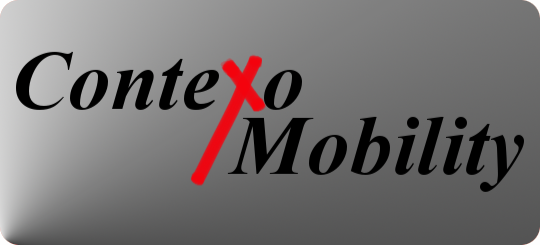What is an enrolled agent?
Enrolled agents (EAs) are America’s tax experts. EAs are the only federally-licensed tax practitioners who specialize in taxation and also have unlimited rights to represent taxpayers before the Internal Revenue Service.
What are the differences between enrolled agents and other tax preparers?
An enrolled agent is a tax specialist who has earned the privilege of representing taxpayers before the Internal Revenue Service by either passing a stringent and comprehensive three-part examination covering individual and business tax and representation of clients before the IRS or through experience as a former IRS employee. Because of the expertise necessary to become an enrolled agent and the requirements to maintain the license, there are only about 46,000 practicing enrolled agents.
Enrolled agent status is the highest credential the IRS awards.
Individuals who obtain this elite status must adhere to ethical standards and enrolled agents, like attorneys and certified public accountants (CPAs), have unlimited practice rights. This means they are unrestricted as to which taxpayers they can represent, what types of tax matters they can handle, and which IRS offices they can represent clients before. But unlike attorneys and CPAs, who may or may not choose to specialize in taxes, all enrolled agents specialize in taxation. CPAs and attorneys are licensed by the states, but enrolled agents are federally licensed. That means they are not limited to practicing in states from which they have received a license; they can practice anywhere in the United States.
Confidentiality privilege for clients of enrolled agents.
The IRS Restructuring and Reform Act of 1998 allow federally authorized practitioners (those bound by the Department of Treasury’s Circular 230 regulations) a limited client privilege. This privilege allows confidentiality between the taxpayer and the enrolled agent under certain conditions. The privilege applies to situations in which the taxpayer is being represented in cases involving audits and collection matters. It is not applicable to the preparation and filing of a tax return. This privilege does not apply to state tax matters, although a number of states have an accountant-client privilege.
Ethical standards for enrolled agents.
Enrolled agents are required to abide by the provisions of the Department of Treasury’s Circular 230, which provides the regulations governing the practice of enrolled agents before the IRS. As a member of The National Association of Accountants (NSA), we are also bound by a Code of Ethics and Rules of Professional Conduct of the Association.
Are enrolled agents required to take continuing professional education?
In addition to the stringent testing and application process, the IRS requires enrolled agents to complete 72 hours of continuing education every three years to maintain their licenses. We, however, raise the bar even further by completing at least 90 hours in a three-year period.
